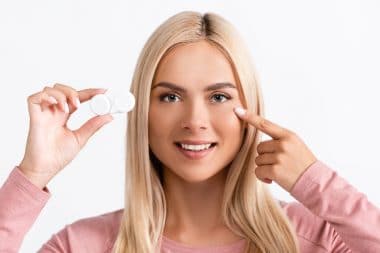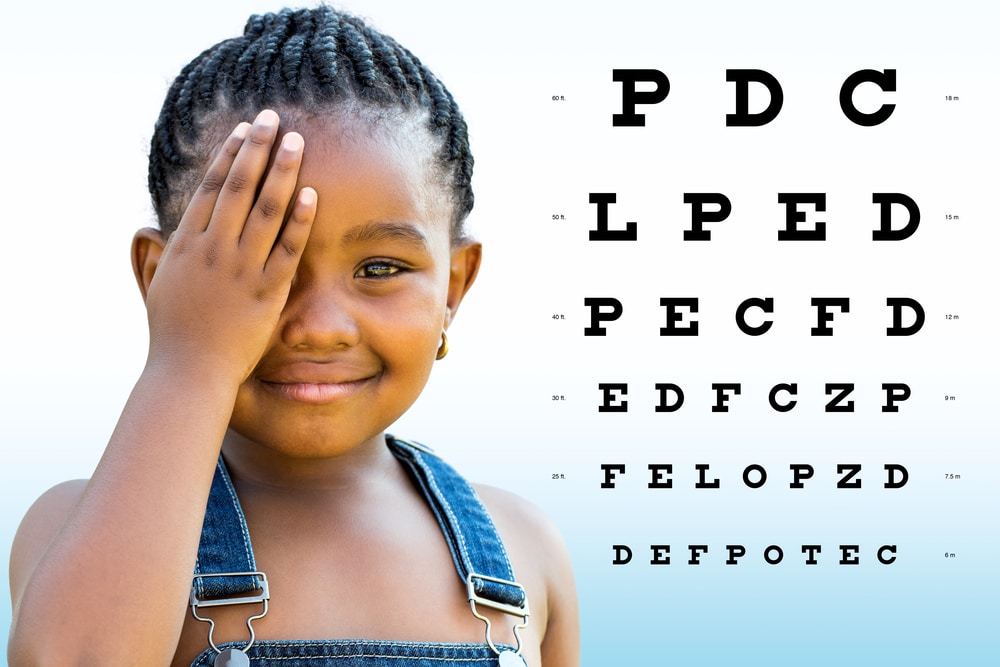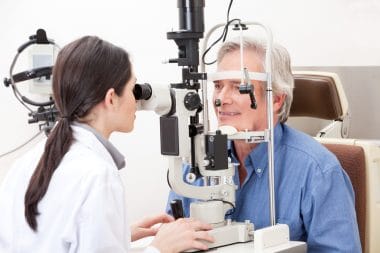You probably heard it when you were a kid too and didn’t want to eat your vegetables either, and your mother would say, “Eat your carrots; they are good for your eyes”. But what nutrients are in carrots that would make them good for your eyes? What other foods contain these same nutrients?


Top foods high in Beta-carotene
Sweet potato: provides 9444ÃŽ ¼g of beta carotene per 100g serving.
Kale: 100 grams of raw kale will provide 9226ÃŽ ¼g of beta-carotene.
Carrot: 100 grams of raw carrots provides 8285ÃŽ ¼g of beta-carotene.
Turnip greens: 100 grams of raw turnip greens provides 6952ÃŽ ¼g of beta-carotene.
Mustard greens: provides 6300ÃŽ ¼g of beta-carotene per 100g serving
Spinach: cooked spinach provides even more beta-carotene with 6288ÃŽ ¼g per 100g serving.
Dried herbs: Dried Basil provides the most beta-carotene with 5584ÃŽ ¼g per 100g serving.
Butternut squash: 100 grams baked provides 4570ÃŽ ¼g of beta-carotene.
Red leaf lettuce: Red-Leaf Lettuce providing 4495ÃŽ ¼g per 100g. Green leaf lettuce: provides 4443ÃŽ ¼g per 100g.

So how much is enough? The U.S. recommended dietary allowance (RDA) is 900 micrograms for teenage boys, which is the equivalent of 3,000 international units (IU), and for teenage girls, it is 700 micrograms (2,333 IU). Consuming too much vitamin A can have severe side effects; symptoms of vitamin A toxicity may include headache, dizziness, noticeable changes to the skin, joint pain, and loss of appetite. It is highly recommended that you do not take more than 2,800 micrograms (9,333 IU) per day.
It is also suggested being careful taking supplements if you use oral acne medications that contain isotretinoin, as these medications can contain high levels of vitamin A. This may increase your risk of a toxicity reaction so use caution, you may want to speak to your physician before using supplements to ensure there are no drug interactions with any prescription medications you may be taking. After all, God only gave you two eyes, take care of them.






